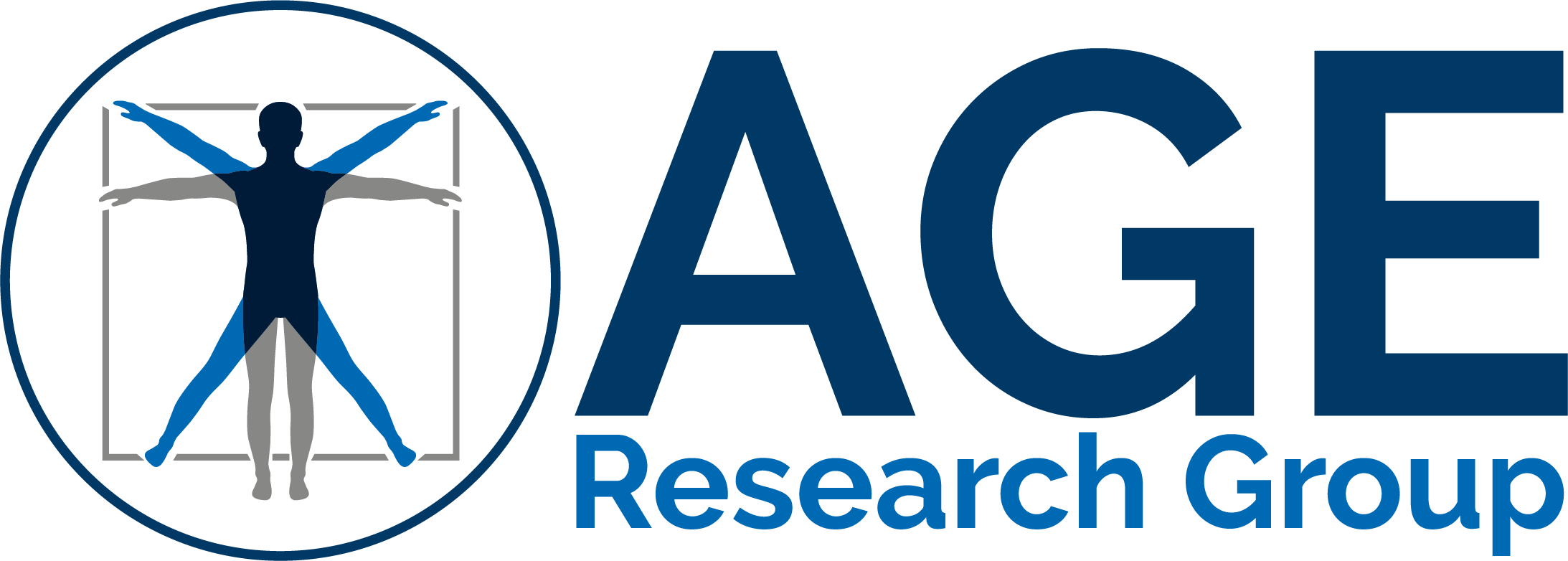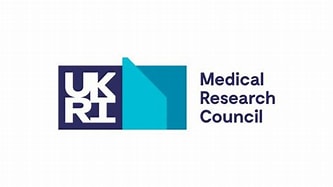News
Tom Stubbs: AGE Group Experience
Why did I want to intercalate?
I am undertaking a Master of Research (MRes) in Ageing and Health following the fourth year of my medical degree. I am based in the Biomedical Research Centre (BRC) with the Ageing, Geriatrics and Epidemiology (AGE) Research Group
There are many advantages to completing an intercalated degree whilst studying medicine. I always planned to intercalate because I went to Medical School straight from Sixth Form, so I saw it as an opportunity to gain more qualifications and skills before starting work.
I decided that the MRes was the best choice for me as it gave me the opportunity to both experience and develop an appreciation for clinical research, whilst further exploring specialities that interest me. Another advantage of the MRes programme is that it gives you the opportunity to produce your own research outputs, such as presenting your work at conferences and writing up papers. For me, it has been a great way to develop myself professionally and make myself a more competitive candidate when applying for training posts and research projects in the future.
How did I apply?
The application process was simple; I had to register my interest in taking an intercalation year before Christmas in my fourth year of study, then submit a CV and personal statement in January. At this point students also submit a research proposal after identifying a supervisor. Students can meet potential supervisors and discuss projects at an MRes information session (usually held in November). At the information session there are representatives from a variety of specialities and research groups across Newcastle University.
I was lucky enough to find a supervisor and a project early in the year. I did this by sending out emails to various clinicians in the speciality I am interested in - Trauma and Orthopaedic Surgery. My project was cross-speciality, involving collaboration between clinicians and researchers at the Orthopaedic and Orthogeriatric departments in Northumbria Healthcare NHS Foundation Trust and the AGE research group.
What opportunities have I gained as a result of my project?
Prior to starting my MRes research project, I was offered the opportunity to complete an SSC with the AGE group. This was a 6 week project completed as part of my medical degree which allowed me to develop an understanding of the of the work that the team do and what my role would be before starting the MRes.
During the SSC, another student and I wrote an abstract that was accepted to the BGS Autumn meeting, an international conference. The abstract was nominated for the President’s Round, meaning it was one of the top 10 abstracts submitted. I presented the poster at the meeting in November 2019 and it was a great experience. I learnt much about the process of preparing and submitting research and had the opportunity to present some of my own work for the first time.
Alongside my MRes project, I co-authored a research paper which concluded the work I’d started as part of my SSC. The paper is currently under consideration at a high impact factor medical journal.
Being based at the BRC in Newcastle also offered it own opportunities. Students are frequently invited to attend guest lectures, which allow us to learn about interesting topics and novel research from lecturers and clinicians across the world.
What kind of support is available from the AGE group?
Aside from the opportunities I have gained from working alongside the AGE research group, I have also greatly benefitted from the support they have provided. There are two weekly meetings – one for the AGE group meeting and the other is a journal club. The AGE group meeting is to discuss progress on current projects; other team members are always happy to help troubleshoot issues that students are having. The meetings are also a good place to practice presenting your own research and get encouragement and feedback. There are also guest speakers most weeks covering different topics – I found the careers-based talks very interesting when thinking about planning my future in medicine.
The weekly journal club is another opportunity to present work to the group. Listening and learning from senior researchers when discussing research has greatly improved my confidence when critically appraising and summarising papers, which is a useful skill to have both as a researcher and as a clinician.
The supervisory team within the AGE group have been incredibly helpful and supportive throughout and made my experience at the BRC both productive and enjoyable.
How will the project help with my future career?
During my time with the group I have developed my skills and knowledge in research methods and statistical analysis, which will be incredibly useful for future research projects.
As I’m coming to the end of my time at medical school, I’ve began to think more about my future career and how to make myself a more competitive applicant when applying for jobs and other positions. I think the research and output that I’ve completed over the last year have played a big part in improving the quality of applications which I can now write.
Since beginning the project, I have been able to develop my skills in efficiently appraising and interpreting studies. I think this will be invaluable to my future career in practising evidence-based medicine, as it will allow me to stay up to date with current research in whatever field of clinical medicine I work in. This project, and the MRes as a whole has enabled me to cover many areas of interest, such as surgery and ageing, in much more depth than otherwise covered by the medicine curriculum.
How can medical students get involved with the AGE group?
Aside from SSC and MRes projects, medical students can also conduct research through the university Summer Research Scholarships, a 6-8 week research placement over the summer months with funding from the University.
To find out more information about the AGE group and their current projects, explore our website at research.ncl.ac.uk/ageresearchgroup/. Dr Ellen Tullo is the training lead for the BRC and AGE group and is happy to help with any questions you may have about contributing to research within the group.
Last modified: Wed, 04 May 2022 13:53:58 BST






